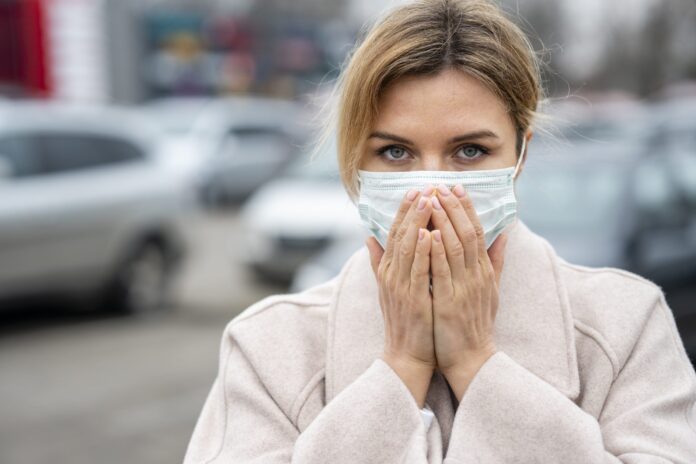Air pollution can seriously impact eye health, and taking steps to protect your eyes is essential, especially in high-pollution areas. Here’s a breakdown of how pollution affects the eyes, along with some tips and recommended care from doctors.
How Air Pollution Affects Eyes
Air pollution contains small particles like dust, smoke, vehicle emissions, and chemicals that can irritate the eyes. These pollutants can cause:
- Irritation and Redness: Pollutants can irritate the eye’s surface, leading to redness, itching, and a burning sensation.
- Dryness and Itching: Polluted air often strips moisture from the eyes, causing dryness, which leads to discomfort, itching, and a gritty feeling.
- Allergic Reactions: Pollutants can trigger allergies, especially in people with sensitive eyes, causing symptoms like swelling and excessive tearing.
- Increased Risk of Infections: Prolonged exposure to polluted air can weaken the eye’s natural defense mechanisms, making the eyes more vulnerable to infections like conjunctivitis.
Tips to Protect Your Eyes from Air Pollution
- Wear Protective Eyewear: Sunglasses or protective glasses can act as a barrier against dust and other airborne particles.
- Keep Eyes Hydrated: Use lubricating eye drops (artificial tears) as recommended by your doctor to prevent dryness and discomfort.
- Limit Outdoor Exposure: If pollution levels are high, try to minimize time spent outdoors, especially in areas with heavy traffic or construction.
- Blink More Often: When in polluted areas, make a conscious effort to blink more, as blinking naturally lubricates and cleanses the eyes.
- Stay Hydrated: Drink plenty of water, as dehydration can make your eyes more prone to dryness.
- Avoid Rubbing Your Eyes: Rubbing can further irritate the eyes and spread pollutants or bacteria, increasing the risk of infection.
- Keep Your Home Environment Clean: Air purifiers can help reduce indoor pollution levels. Also, keep windows closed when outdoor air quality is poor.
- Follow Doctor’s Advice for Eye Care: Regular eye check-ups can help detect early signs of pollution-related eye conditions. A doctor can recommend specific treatments or preventive measures suited to your eyes.
When to Seek Medical Help
If you experience persistent irritation, vision changes, discharge, or swelling that doesn’t improve, consult an eye specialist immediately. They can determine if pollution is the cause or if there’s another underlying condition needing attention.



